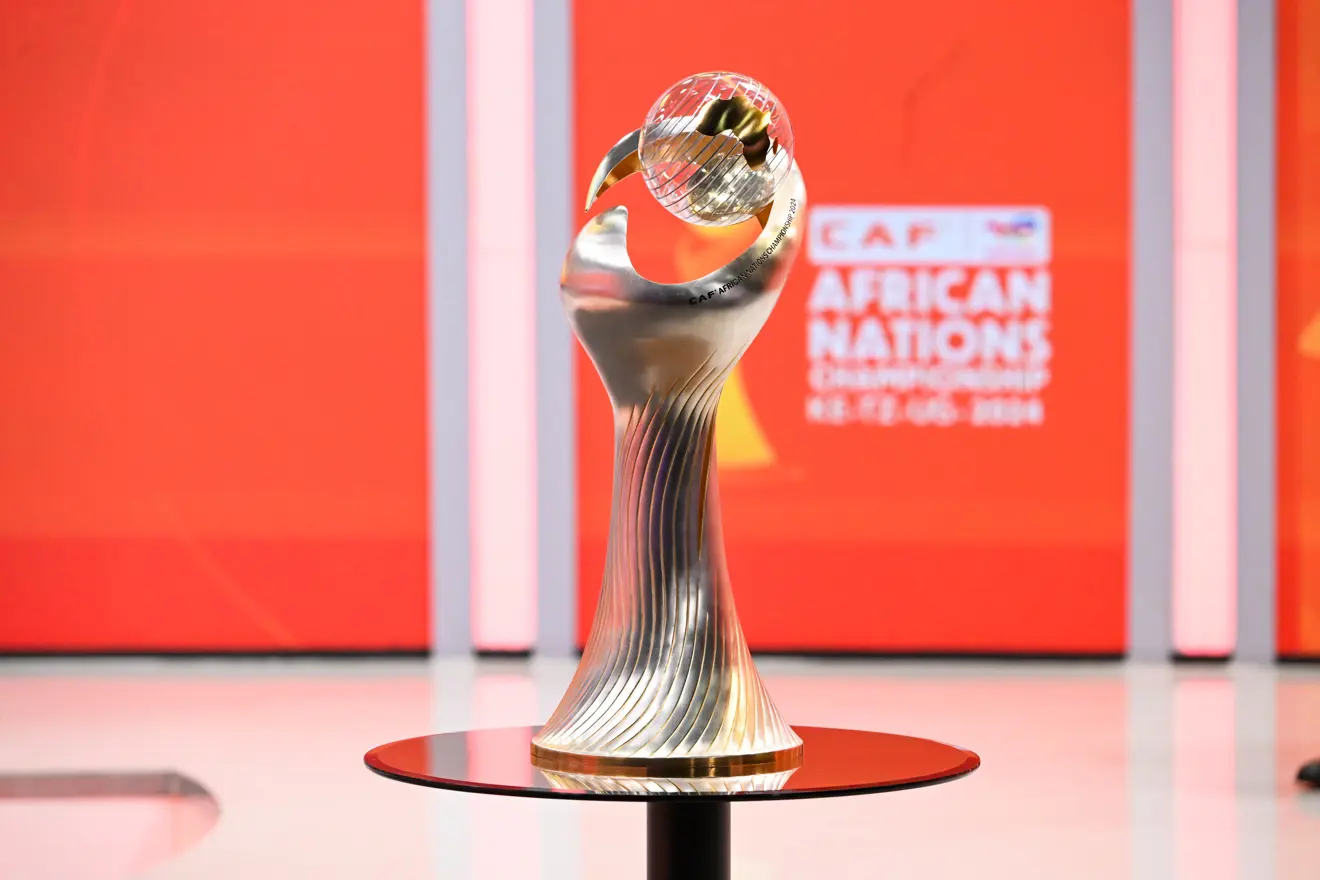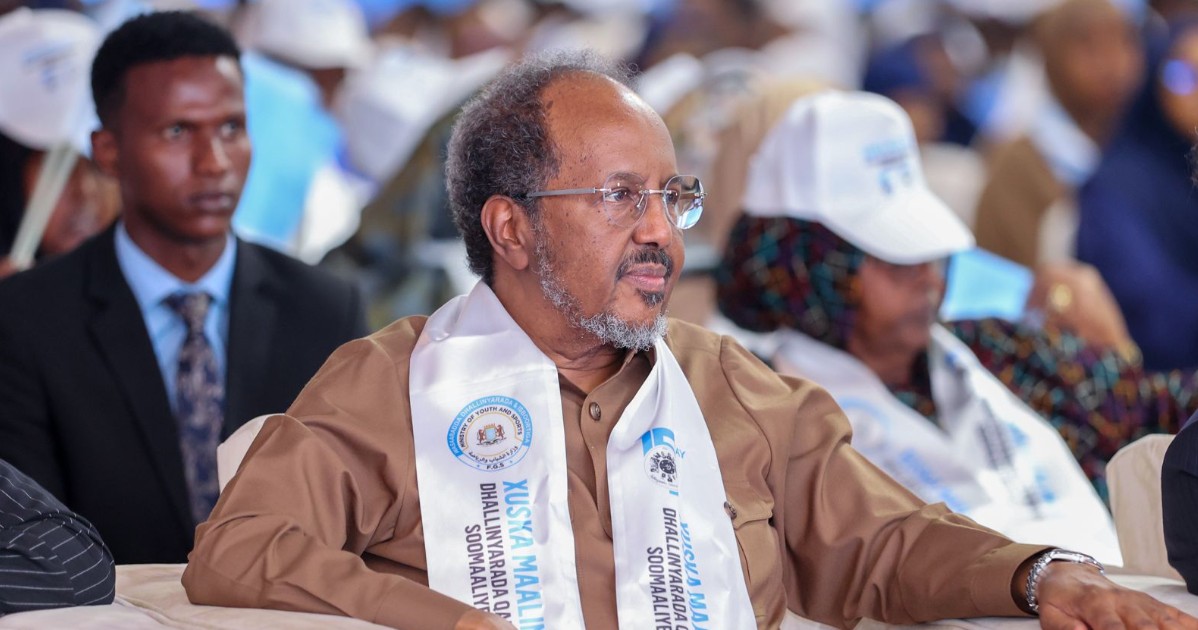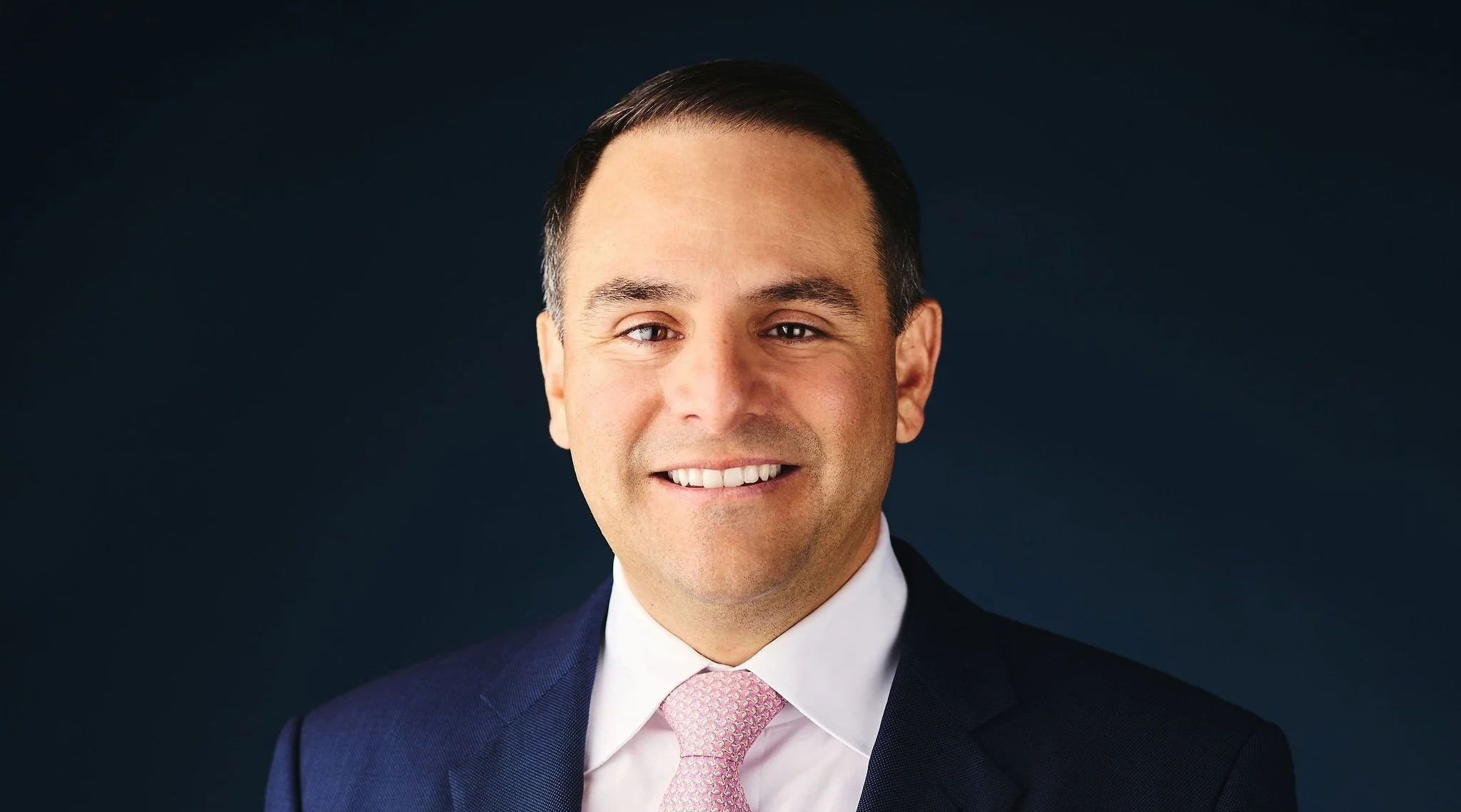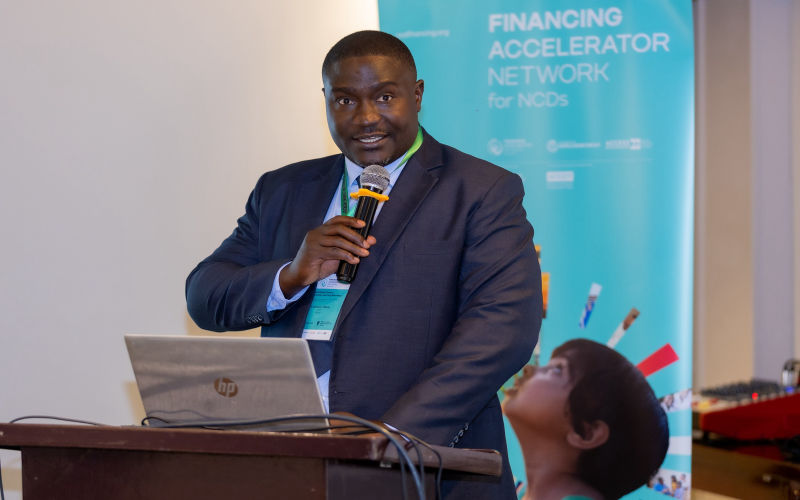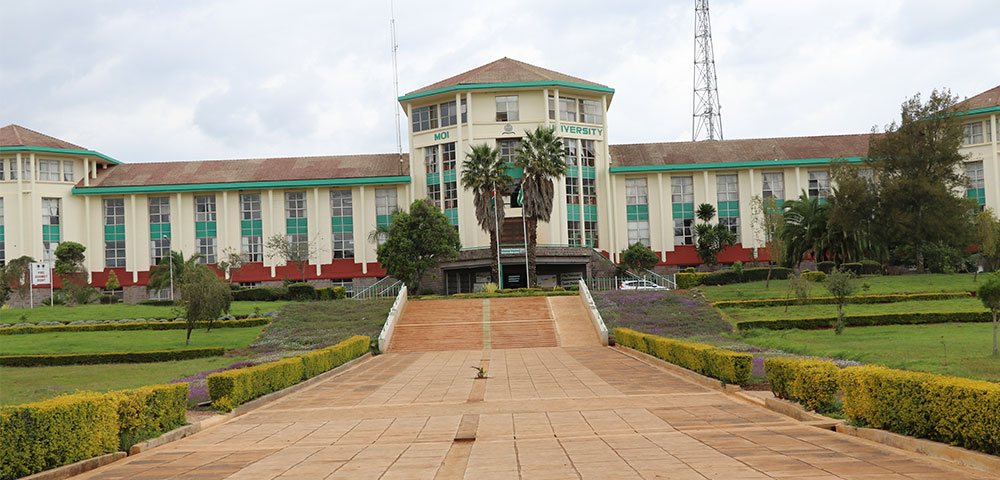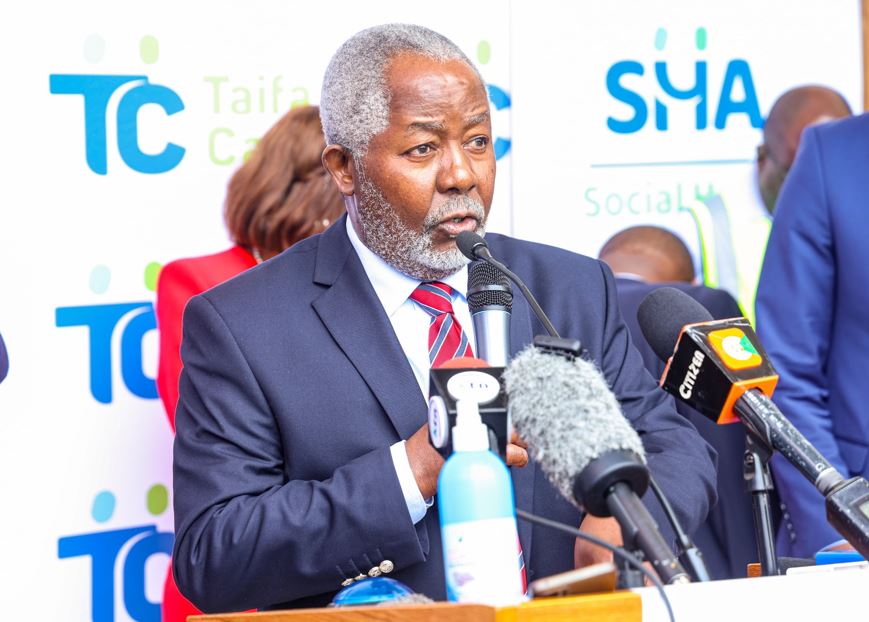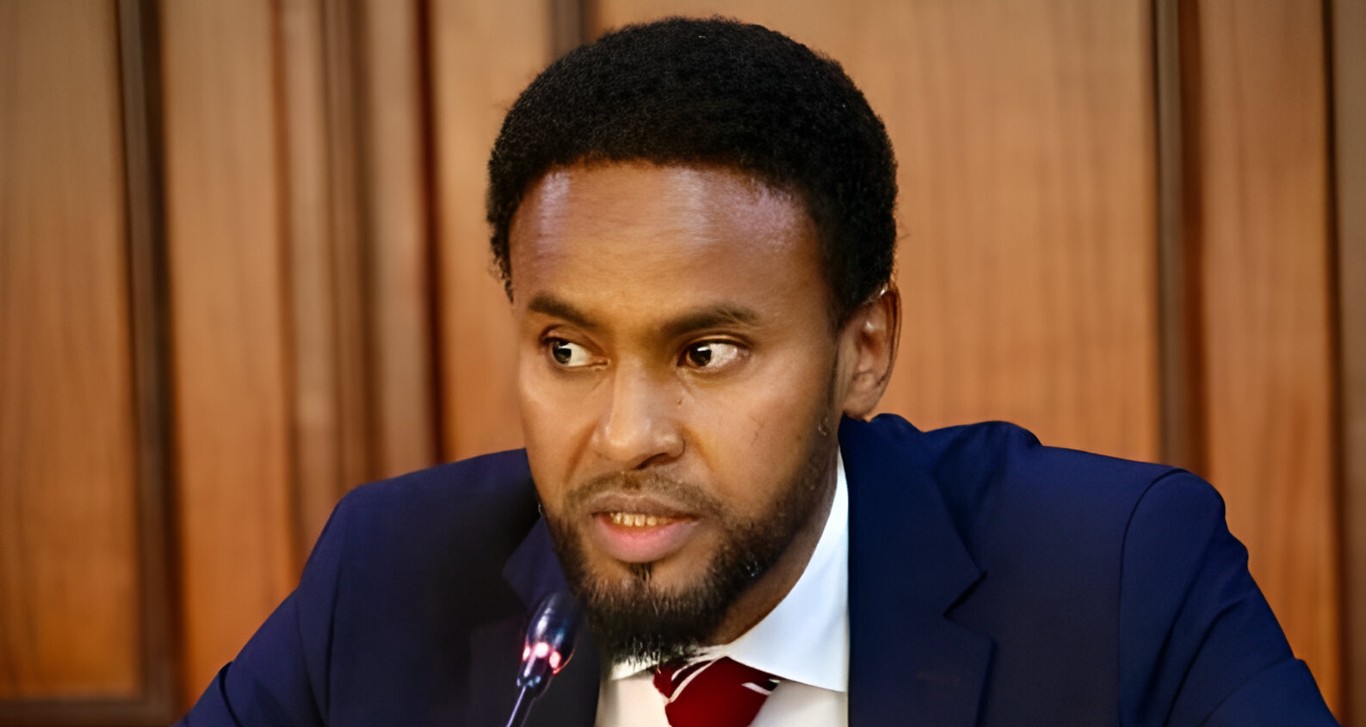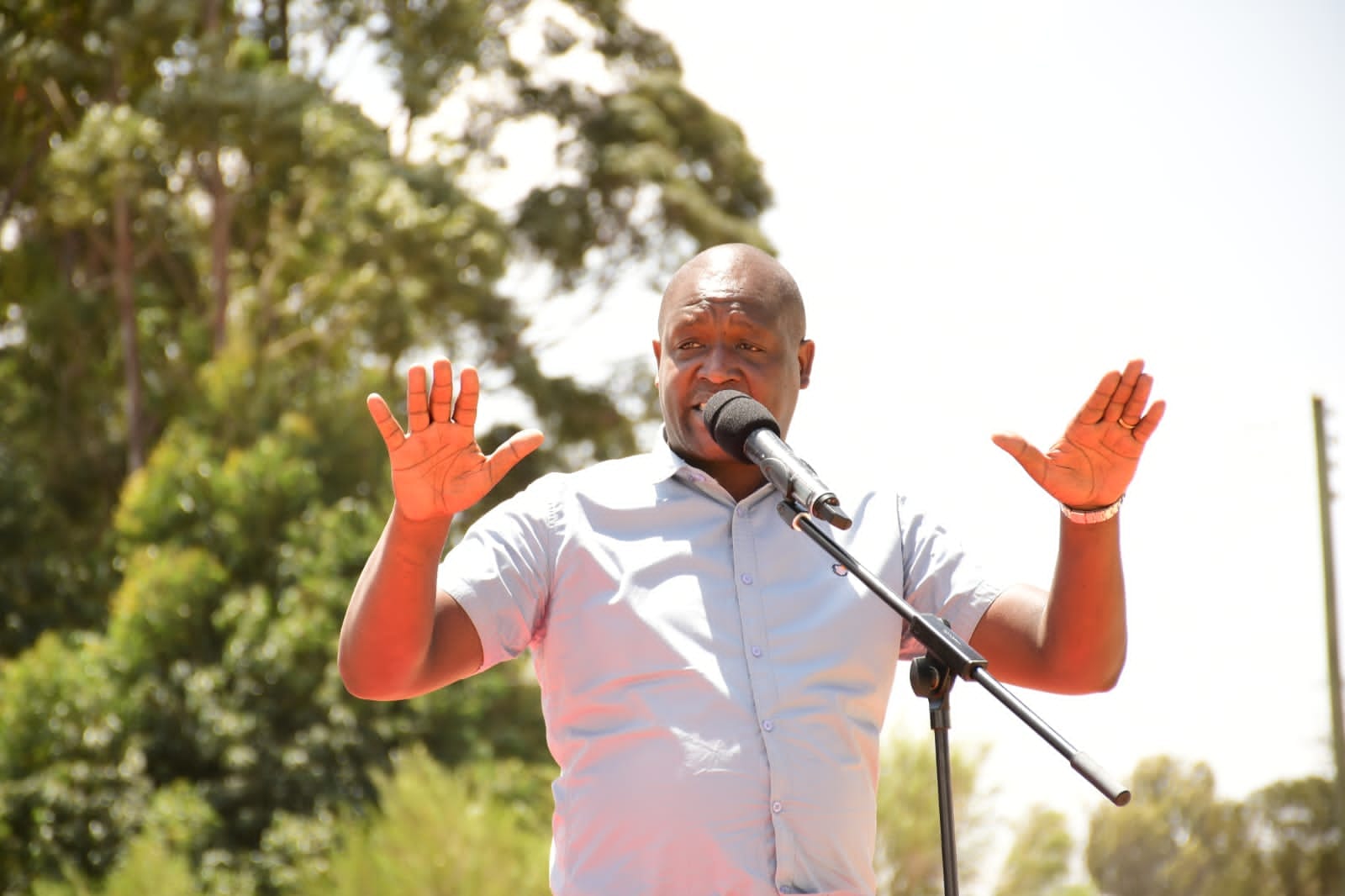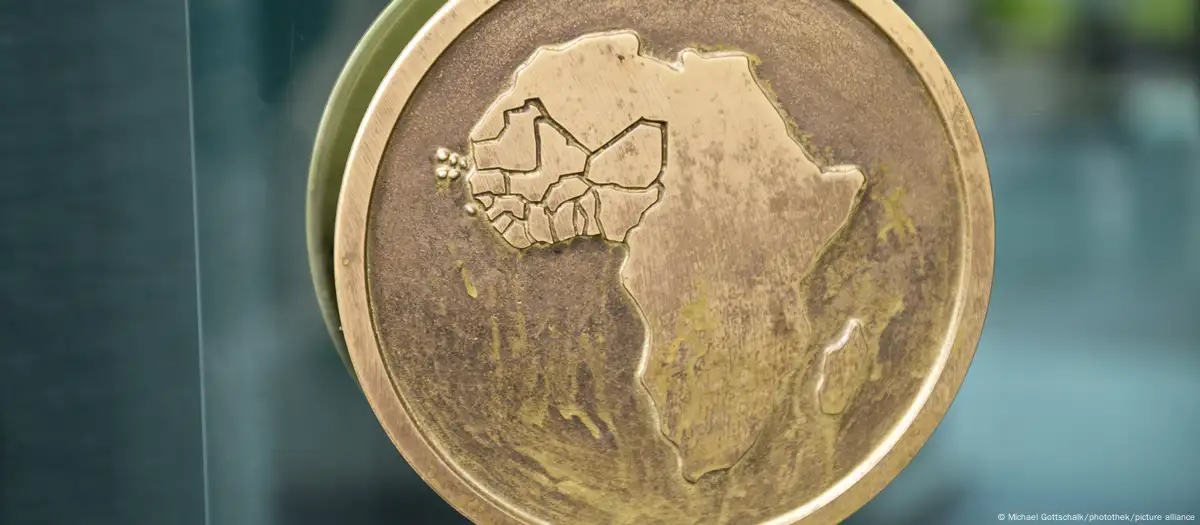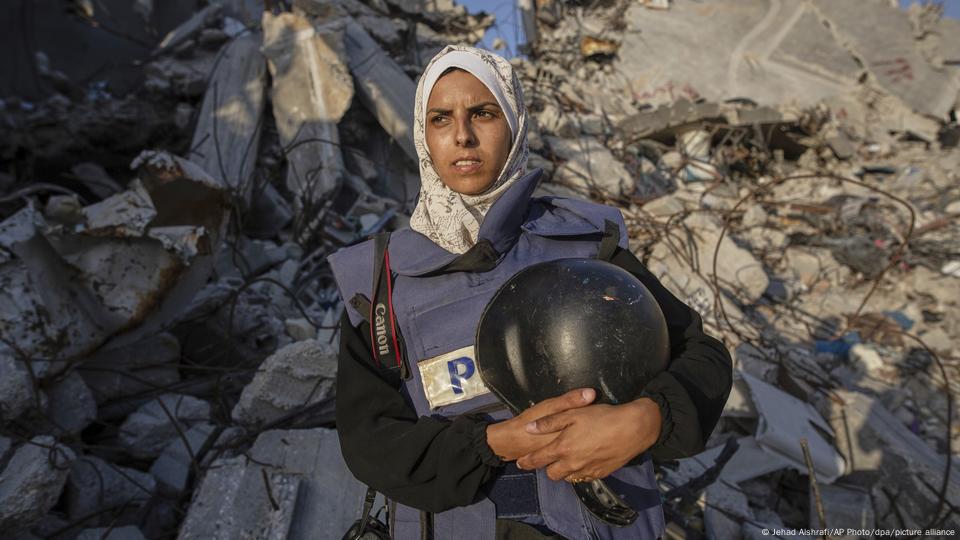Raila's unending call for dialogue now faces scrutiny
Raila's agreements have always been framed as a response to national challenges rather than as a self-preservation measure.
Former Prime Minister Raila Odinga has never been elected as president despite contesting for the seat five times. However, the art of manoeuvring his way into government after every electoral defeat and christening his move as a national interest is now attracting scrutiny from political observers.
Raila, who has been championing Kenyans to hold dialogue in a bid to resolve national concerns, is in his fourth handshake and calls for talks to resolve problems bedevilling the nation.
More To Read
- Ruto, Raila to jointly chair Parliamentary Group meeting on Monday
- Ruto, Raila form five-member committee to oversee implementation of UDA-ODM MoU, NADCO report
- Raila moves to quell ODM storm, chairs meeting to end internal rift over Ruto alliance
- Most Kenyans expect Raila to run for President in 2027 - TIFA poll
- Majority of Kenyans oppose broad-based government - TIFA
- Ruto, Raila to begin unity tour in Nyanza after political pact
The Eastleigh Voice spoke to political observers in a bid to understand Raila's penchant for handshakes. Raila has always said these agreements are in the national interest, but some now think these have allowed him to access State power without accountability.
Constitutional Lawyer Bobby Mkangi, who served as a Commissioner in the nine-member Committee of Experts for Constitutional Review (CoE) in Kenya that delivered the Constitution of Kenya, poked holes in Raila's latest cooperation with Ruto, referring to it as a bankruptcy of ideas.
"This has been created by a clear misdiagnosis of and dissonance with the current political climate and ecosystem, tempered by the refusal to admit that paradigms have shifted, and the politics of today are in the hands and control of new dynamics," said Mkangi.
He avers that most of the so-called dialogue reports, including the current Constitution, have not been fully implemented.
"There is a plethora of unimplemented reports churned out of these iterations of 'dialogues' over the years (the ink that was used to write the NADCO report is yet to dry!), including the Constitution of Kenya 2010 itself, who the Gen Z are correctly observing and saying that there's no need for another meeting to discuss how to implement it - Just do it!" notes Mkangi.
Mkangi asks whether it needs a meeting to arrest and arraign those suspected of killing demonstrators on June 18 and 25 last year, and those who have been carrying out abductions and enforced disappearances.
Raila's agreements have always been framed as a response to national challenges rather than as a self-preservation measure. Raila, in his cooperation with Ruto, claimed that a military coup was imminent if he didn't sign on – hotly denied by the Ministry of Defence – as well as intimating that it was an opportunity to implement the report of the National Dialogue Committee.
Raila has "enticed" four presidents to cave in to his political desires by making governance so difficult that each conceded powers. First was Daniel arap Moi, whose dalliance with Raila could probably be traced to the 1982 failed coup. Although Moi and his team knew about the plot, they hesitated to stop it. The attempted coup led to strange political behaviours that allowed Moi to purge particular prima donnas, especially Charles Njonjo.
Following the 1997 election, Moi and Raila entered an anti-Mwai Kibaki 'koperesen', the first open "handshake" out of which both men expected political benefits. They seemingly were to marshal their forces in Parliament to repeal the two-term limit that Moi had imposed in 1992 when he thought he might lose.
They were also to create a post of a non-elected Prime Minister for Raila. Although Raila took JJ Kamotho's job as KANU secretary general, Simeon Nyachae's resistance within Kanu scuttled the plan and with neither Moi nor Raila getting his wish, they fell apart. Raila joined Nyachae's side to receive campaign funding. When Moi endorsed Uhuru Kenyatta for president, Raila dumped Nyachae and his MoU and then led a Kanu walkout into Kibaki's winning NAK side.
The second handshake was with Kibaki after the 2007/2008 election crisis. Following Kibaki's narrow victory, big powers like Britain intervened to demand power sharing, which also led to the ICC indicting Uhuru and William Ruto. Raila became the virtual 'co-president' as Prime Minister, helped to craft the 2010 Constitution, and was set to become president. Although Raila seemingly had the backing of Western powers, he lost the 2013 election to the 'anti-imperialist' team of UhuRuto.
The third 'handshake', following Raila's two 2017 election losses, was in 2018. He made governance so difficult that Uhuru gave him 'the system'. Believing that 'the system' would make him the 'Fifth', Raila defeated himself in 2022 by neglecting such election fundamentals as having agents and his followers vote. His supposed Nyanza followers reportedly started celebrating without voting. Raila's neglect made Ruto president in the 2022 election, and Raila once again cried foul.
Raila's fourth handshake was with Ruto. Baptised by a broad-based government, the arrangement allowed Raila to have his lieutenants in Ruto's cabinet, a move that irked Ruto's opponents.
Former Chief Justice David Maraga, who is now eying Ruto's seat, is unhappy with Raila's unending handshakes and cooperation with the governments of the day. In a recent media interview, he urged Kenyans to stop entertaining Raila.
Top Stories Today
